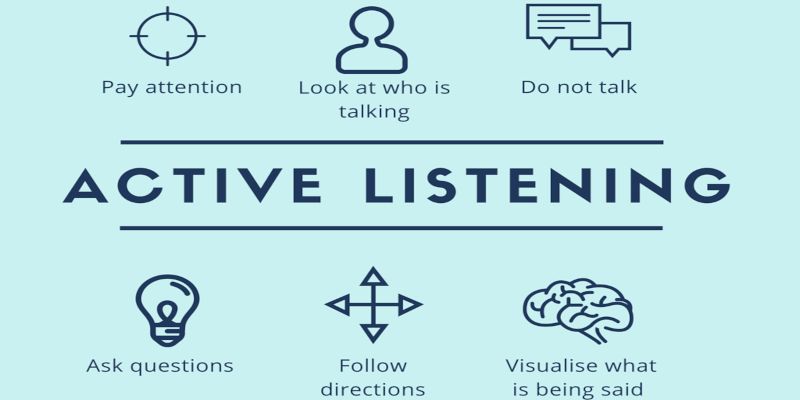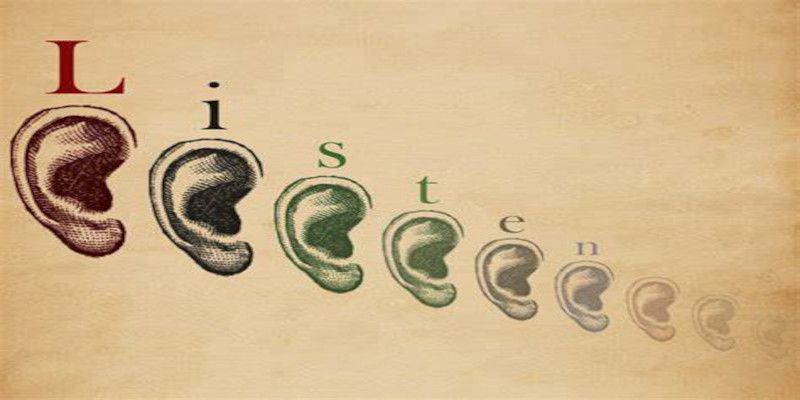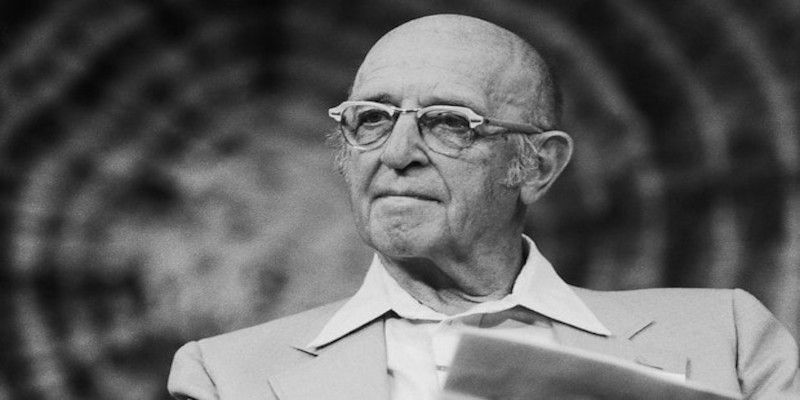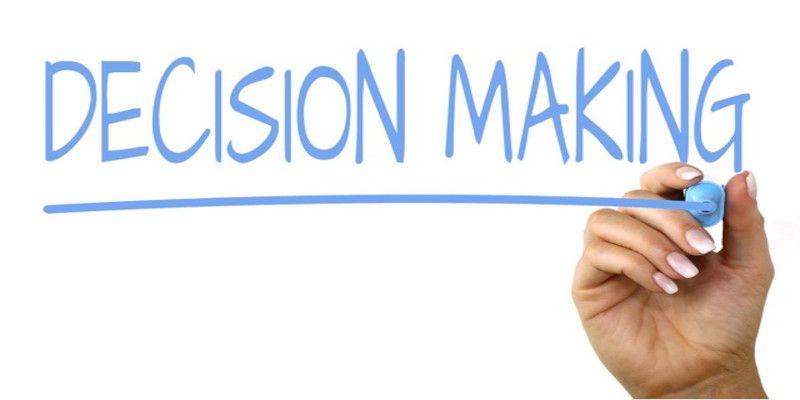Table of Contents
ToggleAttentively listening is a lost art. It’s certainly much harder than it sounds.
People think they’re listening when they’re conversing with other people. But most of the time, we don’t truly perceive everything. At least not with our full, undivided attention. And all of us know how annoying it is when we’re talking to people only for them to talk over us, or when they’re simply not paying any attention.
We’re often just waiting to chime in, so we can take the spotlight during a conversation. Let me explain why active listening is important.
Why is active listening important?

You might learn something new
There are many benefits of active listening. One is that you might learn something new by paying attention to what someone else is saying.
If you are constantly talking instead of listening, then you don’t get the chance to learn something new from other people. This might be a new skill, new knowledge, or gaining a new perspective that can benefit you in the future.
You can learn a lot about someone by watching their body language and by actively listening to other people. If you are too self-absorbed and feel the need to be talking all the time, then there’s not enough time to analyze other people’s behavior.
Listening to others broadens your mind
Taking in new information oftentimes challenges our current belief systems. You can choose to either neglect/ignore new, conflicting data or to take it in.
By neglecting this new information, we stay the same and static. And we know that there can be no growth without challenge.
By internalizing this new information, our current viewpoints and value systems get transformed into something new, and ultimately, better. The process might be painful, though.
To make good decisions

Active listening is important to make rational, well-thought-out, and balanced decisions. That’s why we need all the information we can get.
Listening to other people instead of talking has multiple advantages such as being able to take in new information that you wouldn’t be capable of internalizing if you would be talking all the time.
You already know what you’re talking about
Chances are that you are talking about things or topics that you already know if you are the one who is doing all the talking. Because how could you be talking about things you don’t know anything about?
It’s not what you know that’s critical, it’s what you don’t know yet that’s the most significant and will transform your life through new experiences. Your vision or personality won’t develop from the information that you already know.
You are transformed by new knowledge that changes your perception of life. Sometimes it’s good to just stay quiet and observe.
People open up and tell the truth

People open up if they feel that you’re investing time in them when you’re truly listening. This is essential to get those around you, to tell the truth, and to get to know what opinions those individuals truly have.
If people get the feeling that you’re not paying attention, then they might not trust you enough to open up, or even to tell you the truth.
People love attention
If you are paying attention to what someone’s saying, then you will be surprised by what they tell you. They’ll tell you all sorts of things, and will often share their deepest secrets with you.
You will notice a stronger and better relationship if you start listening more attentively to others.
There’s a lot of tragedy and misery going on in life. We’re regularly stressed out by our busy, stressful, and often selfish lives. In these times, it’s enjoyable and beneficial to our wellbeing to get a bit of undivided attention.
It makes you well-liked

Attentive listening is of course not the main goal of perceiving others.
Nevertheless, having strong relationships with others is vital. Feeling valuable, appreciated, and close to others are all human desires that give us happiness and fulfillment. See it as an additional benefit of paying attention to other people.
It teaches you how to debate and solve conflicts
A productive debate or conflict requires two parties who are willing to listen to each other.
Oftentimes, both circles are too busy trying to win the argument instead of trying to find a solution that benefits both. If you listen to one another, you will at the very least get a better understanding of each other’s unique points of view.
If someone is debating just to be right, or to put you down, then you need to be capable of and know how to shut down an argumentative person.
Less conflict

If people listened to each other more often rather than talking, then we would understand each other’s perspective better, which would consequently cause less conflict.
However, arguments are not always unhealthy when done correctly, respectfully, and with the right intentions.
Conflict regularly develops from not understanding the varied perspectives. If we took the time to listen and clarify other people’s vision, then I think there would be less conflict in the world.
Listening to others shows respect
Effective listening shows that you respect the communicators.
There’s no bigger turn-off than not listening to other people. It makes them feel as if they’re not important enough to pay attention to, and like they don’t have anything important to say.
All of us like it when people listen to what we have to say when we’re speaking. So it’s only common courtesy to do the same thing for others.
How to improve active listening skills

Change your mindset
To listen better to other people, you have to change the fact that you don’t have to be the one talking all the time.
It’s perfectly fine to listen to others, and it doesn’t make you any less valuable as a person.
A lot of people have the feeling that they need to be talking and telling interesting stuff. Be it to prove themselves, or to be socially acceptable.
Pay attention

Pay attention to what the other person is saying without getting distracted. Make eye contact and stay focused on the person that’s speaking.
Your whole body should be facing the person who’s talking while keeping an open body language.
Provide feedback
Of course, people don’t want to get the feeling that they’re talking to a wall without any emotions.
We typically talk and converse with one another to sort of think our ideas through. We do this by watching how the other party responds. For example, nodding if you’re agreeing with a statement they’re making.
And don’t be afraid to use body language. People will use you as a soundboard to bounce their ideas off. They will notice that one or more of their thoughts might not be the most sound ones if you start to frown, for instance.
Don’t be prejudiced

Every person has something valuable to say and teach you, no matter who it is.
Even if you don’t like the person who you’re communicating with, you should still not let it color the conversation.
A nice little trick to stay humble is going into each conversation with the following humble attitude. Always assume the person you’re talking to knows something that you don’t. And this is often truly the case!
Let people finish speaking before responding
One of the fastest ways to improve your active listening skill set is to let people finish their sentences before responding yourself.
Don’t be in a rush to react. Let the person make their statement before you answer and give your two cents about the topic at hand.
There’s nothing more annoying than being interrupted in the middle of a conversation when you’re trying to make a point. We all like to be given the time of the day to explain how we feel about something.
Frequently Asked Questions (FAQ)
What does active listening mean?

Active listening is defined by the ability to focus solely and completely on a speaker or conversational partner.
Being an active listener means the information is comprehended thoroughly, and that the one paying attention can respond smartly and thoughtfully.
Attentive listening uses both verbal and nonverbal cues to show the speaker that they are paying attention to what they’re saying.
Passive listening, on the other hand, is defined as hearing a speaker or conversational partner without listening soundly, thus not retaining their message or the gist of what they are trying to say.
Active and passive listening are thus antonyms of each other.
What are the four types of active listening?

Deep listening
Deep listening means being fully immersed and dedicated to understanding the point the speaker is trying to make.
That’s why deep listening involves observing someone’s verbal and nonverbal communication cues. For instance, the message they’re conveying, the tone of their voice, the language they use, and how they utilize their body language.
This helps to build trust and comfort, and will consequently stimulate the other party to share their thoughts and ideas with us.
Full listening
Full listening is more or less the same as deep listening, although it’s less involved than the latter.
It often employs active listening techniques such as paraphrasing and making eye contact to understand the other person’s perspective.
That’s especially handy when someone is trying to instruct you how to do something such as a task, a job, or in the classroom when someone is telling you what to do.
Critical listening

Critical listening involves analyzing a speaker’s words and message to separate the truth from opinions and personal biases.
It’s something that we should always employ since people aren’t always honest, can be wrong, can have their agenda, and we’re all prone to making thinking errors.
That’s why thinking for ourselves instead of simply taking everything for granted helps us to think critically, and to discover the facts.
Therapeutic listening
Therapeutic listening involves listening to a friend, client, family member, or colleague to talk about their issues without immediately judging.
Again, it typically means applying active listening skills such as nodding, maintaining eye contact, and affirming their feelings to show our empathy and that we understand what they’re going through.
Examples of active listening in life

When you are out with a group of friends in a bar, drinking a beer and having a good time together, someone starts telling you about the hard times they’ve been experiencing lately.
However, most of the other group members are already talking to each other about something else, not paying attention to that person’s story.
You, however, take the time to pay attention to this individual’s message. As a result, the person feels understood, values you as a true friend, and knows that they can rely on you if they need someone to tell their life story to.
Who emphasized the importance of active listening in the process of psychotherapy?

Carl Rogers, an American psychologist, has typically been recognized to have brought the importance of active listening in psychotherapy to the forefront. He helped bring a human-centered movement to psychology.
The term “active listening” was first used by the psychologists Carl Rogers and Richard Farson in their paper called “Active Listening” which they published in 1957. They talked about the importance of attentive listening to bring positive changes in other people.
Conclusion

Attentive listening is one of the most valuable and useful skills to possess in life. Especially when coupled with an open mind, and a desire to learn new things.
If you manage to keep an open mind, then you will have the power to take in new ideas and new knowledge while also having the ability to integrate that new, often conflicting information into your being.
This way you’ll transform into a new, better version of yourself throughout your life. Your personal development will never be halted as a result.








5 thoughts on “Why active listening is important”
Comments are closed.